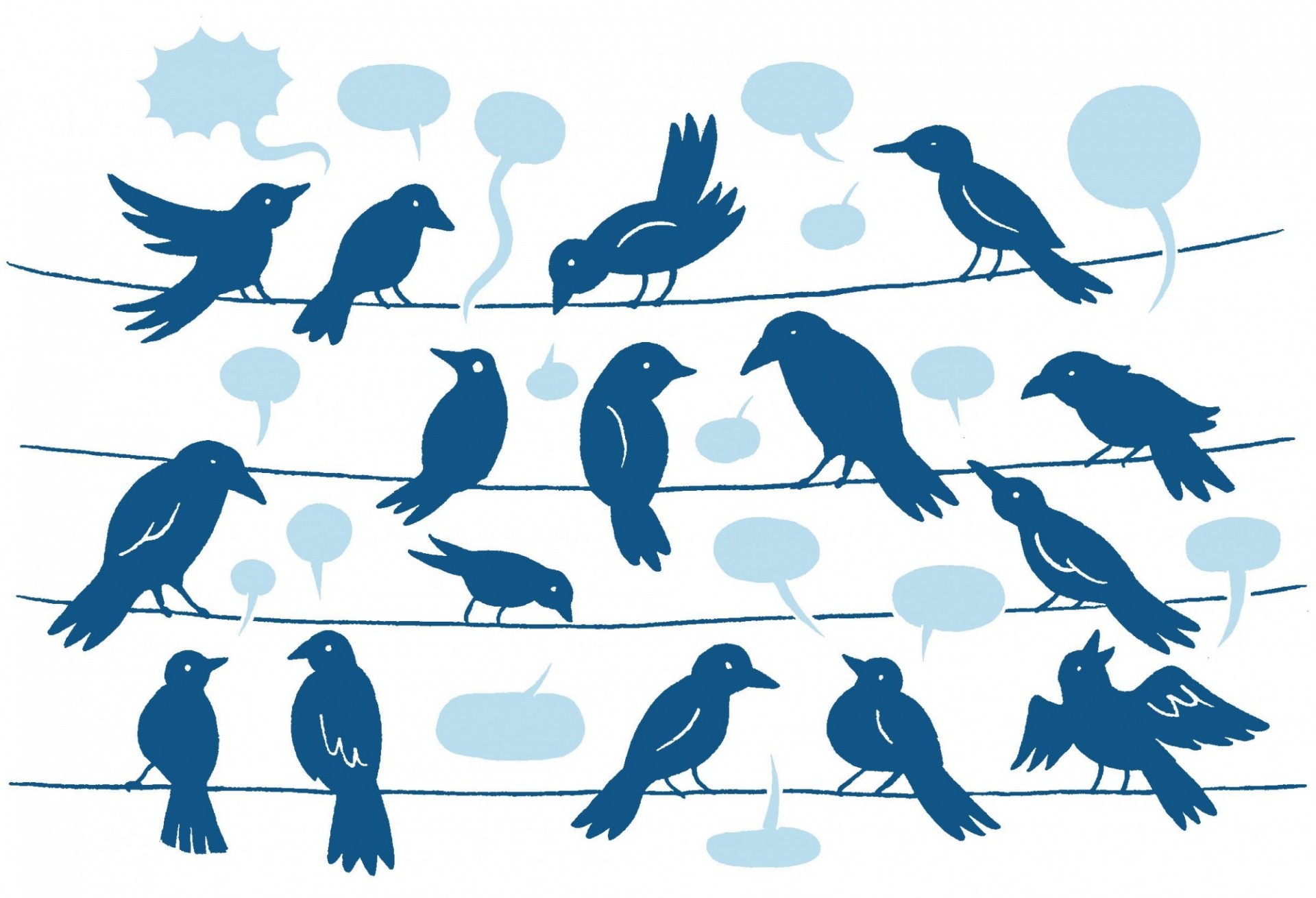Ian Cross, Professor of Music and Science, Chair of the Faculty Board of Music, and Director, Centre for Music and Science, University of Cambridge
James Cahill, Postdoctoral Associate, Erich Jarvis Lab, Rockefeller University
Emily Doolittle, Athenaeum Research Fellow, Royal Conservatoire of Scotland
Olga Feher, Assistant Professor of Psychology, University of Warwick
Molly Flaherty, Visiting Assistant Professor of Psychology, Swarthmore College
Tom Griffiths, Henry R. Luce Professor of Information Technology, Consciousness, and Culture, Princeton University
Gary Lupyan, Associate Professor of Psychology, University of Wisconsin-Madison
Eduardo Mercado III, Professor of Psychology, University at Buffalo
Julien Meyer, CNRS Researcher, GIPSA-lab
Adeline Mueller, Assistant Professor of Music, Mount Holyoke College
Rachel Mundy, Assistant Professor of Music in the Arts, Culture, and Media Program, Rutgers University
Richard Prum, William Robertson Coe Professor of Ornithology, Ecology, and Evolutionary Biology, Yale University
Andrea Ravignani, Pegasus Marie Curie Fellow, Sealcentre Pieterburen and Postdoctoral Researcher, Artificial Intelligence Laboratory, Vrije Universiteit Brussel
David Rothenberg, Distinguished Professor of Philosophy and Music, New Jersey Institute of Technology
Jon Sakata, Associate Professor of Biology, McGill University
Kenny Smith, Professor of Linguistics and English Language, University of Edinburgh
Jordan Suchow, Assistant Professor of Information Systems, Stevens Institute of Technology
Ofer Tchernichovski, Professor of Psychology, Hunter College
Gary Tomlinson, John Hay Whitney Professor of Music and the Humanities and Director, Whitney Humanities Center, Yale University
Tessa Verhoef, Assistant Professor, Leiden Institute of Advanced Computer Science and Visiting Scholar, Center for Research in Language, University of California, San Diego
Heather Williams, William Dwight Whitney Professor of Biology, Williams College

